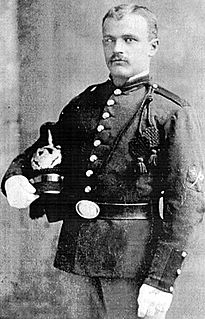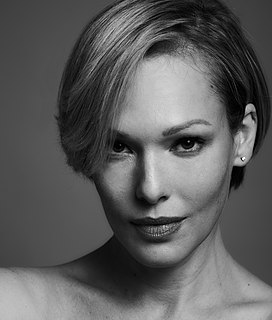A Quote by Will C. Barnes
Every author believes that the book which he is placing before the public will 'fill a long-felt want,' and success or failure depends very much on how closely he has been able to gauge the nature of the 'long-felt want.'
Related Quotes
As you see something that yo want to shot and it's bearing down on you, it's important to start framing long before the subject gets close to you. The light will reveal itself possibly long before you want to take the image, but you have to wait until the picture comes to you, and if you've been anticipating carefully when the subject will be in position, the background will have been figured out in advance.
One of the commonest mistakes and one of the costliest is thinking that success is due to some genius, some magic - something or other which we do not possess. Success is generally due to holding on, and failure to letting go. You decide to learn a language, study music, take a course of reading, train yourself physically. Will it be success or failure? It depends upon how much pluck and perseverance that word decide contains. The decision that nothing can overrule, the grip that nothing can detach will bring success.
'Trilogy' was more of a claustrophobic body of work. Before it was released, I hadn't left my city for 21 years, and I had never been on a plane, not once. I spent my entire life on one setting; that's probably why pieces of the album feel like one long track, because that's what my life felt like. It felt like one long song.
He felt as though he were failing in practically every area of his life. Lately, happiness seemed as distant and unattainable to him as space travel. He hadn't always felt this way. There had been a long period of time during which he remembered being very happy. But things change. People change. Change was one of the inevitable laws of nature, exacting its toll on people's lives. Mistakes are made, regrets form, and all that was left were repercussions that made something as simple as rising from the bed seem almost laborious.
After I wrote my memoir, 'A Long Way Gone,' I was a bit exhausted. I didn't want to write another memoir; I felt that it might not be sane for one to speak about himself for many, many, many years in a row. At the same time, I felt the story of 'Radiance of Tomorrow' pulling at me because of the first book.
At the end of the day, you are solely responsible for your success and your failure. And the sooner you realize that, you accept that, and integrate that into your work ethic, you will start being successful. As long as you blame others for the reason you aren't where you want to be, you will always be a failure.





































